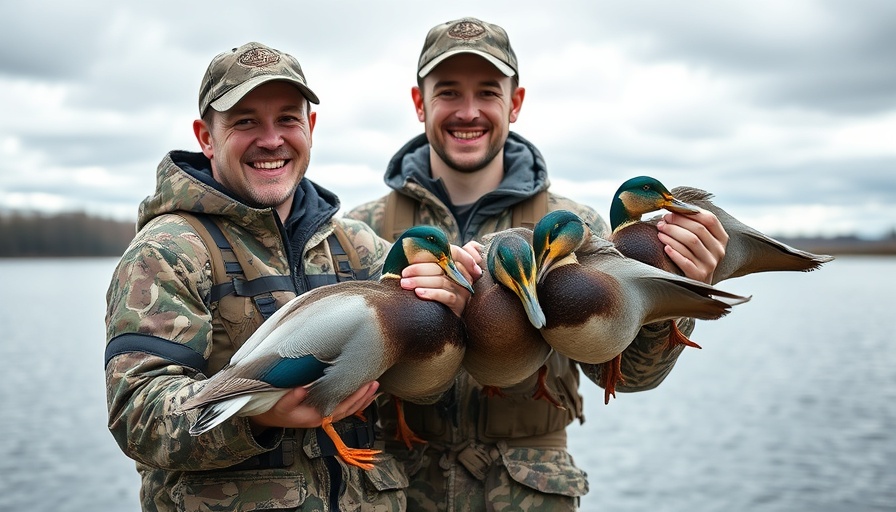
The Disturbing Reality of Animal Neglect in Private Zoos
The recent indictment of the Oregon zoo owner has shocked the local community and raised profound questions about the ethics of private zoos and the treatment of animals in captivity. With 371 charges brought against the owner of the West Coast Game Park Safari in Bandon, including over 300 counts related to neglect, this case underscores a troubling reality: the exploitation of wildlife for profit often leads to devastating consequences for the animals.
How the Investigation Unfolded
The investigation commenced in May when authorities executed search warrants at the zoo, which revealed harrowing scenes. Among the findings were illegal drugs like methamphetamine and cocaine, a stash of weapons, and numerous animals in dire conditions. The conditions were so severe that over 300 animals—ranging from majestic lions to exotic camels—had to be relocated to rescue facilities. In the most heartbreaking cases, such as that of a camel and a kinkajou, veterinarians determined that euthanasia was necessary due to the extent of their suffering.
Exotic Animal Welfare: A Broader Discussion
This troubling situation is not isolated; it highlights a critical issue regarding wildlife welfare. Many such facilities often present themselves as family-friendly attractions but operate with minimal supervision. These roadside establishments put profit margins above animal welfare, often leading to situations of neglect and abuse. The voices of renowned animal advocates echo loudly, suggesting that animals deserve to thrive in sanctuaries or their natural habitats rather than being commercialized for human entertainment.
Shifting Societal Values Towards Animal Care
The indictment serves as a powerful reminder of the need to reassess our values regarding animals. Choosing a plant-based lifestyle, supporting credible sanctuaries, and refusing to endorse businesses that harm wildlife can all contribute to a culture of compassion. According to experts, caring for our environment and respecting animal dignity should take precedence over the profit-driven models that many private zoos embody.
Becoming Advocates for Change
As individuals, becoming advocates for animal rights means voicing support for initiatives that prioritize wildlife conservation and welfare. With this case ongoing in the courts, there’s hope for the hundreds of animals rescued from neglect. By fostering greater awareness, we can influence change and ensure that cruel practices become intolerable within our communities.
A Call to Action: How You Can Help Wildlife
For those inspired to make a difference, consider extending support to wildlife sanctuaries or donating to organizations dedicated to conserving animal welfare. It requires minimal effort to contribute–even a small donation of $5 can be impactful. Together, we can champion this cause and help create a more humane society where all creatures are treated with respect. Every act of kindness matters.
As this case unfolds, let it be a catalyst for us all to reflect on our choices and to act kindly towards animals.
 Add Row
Add Row  Add
Add 




Write A Comment